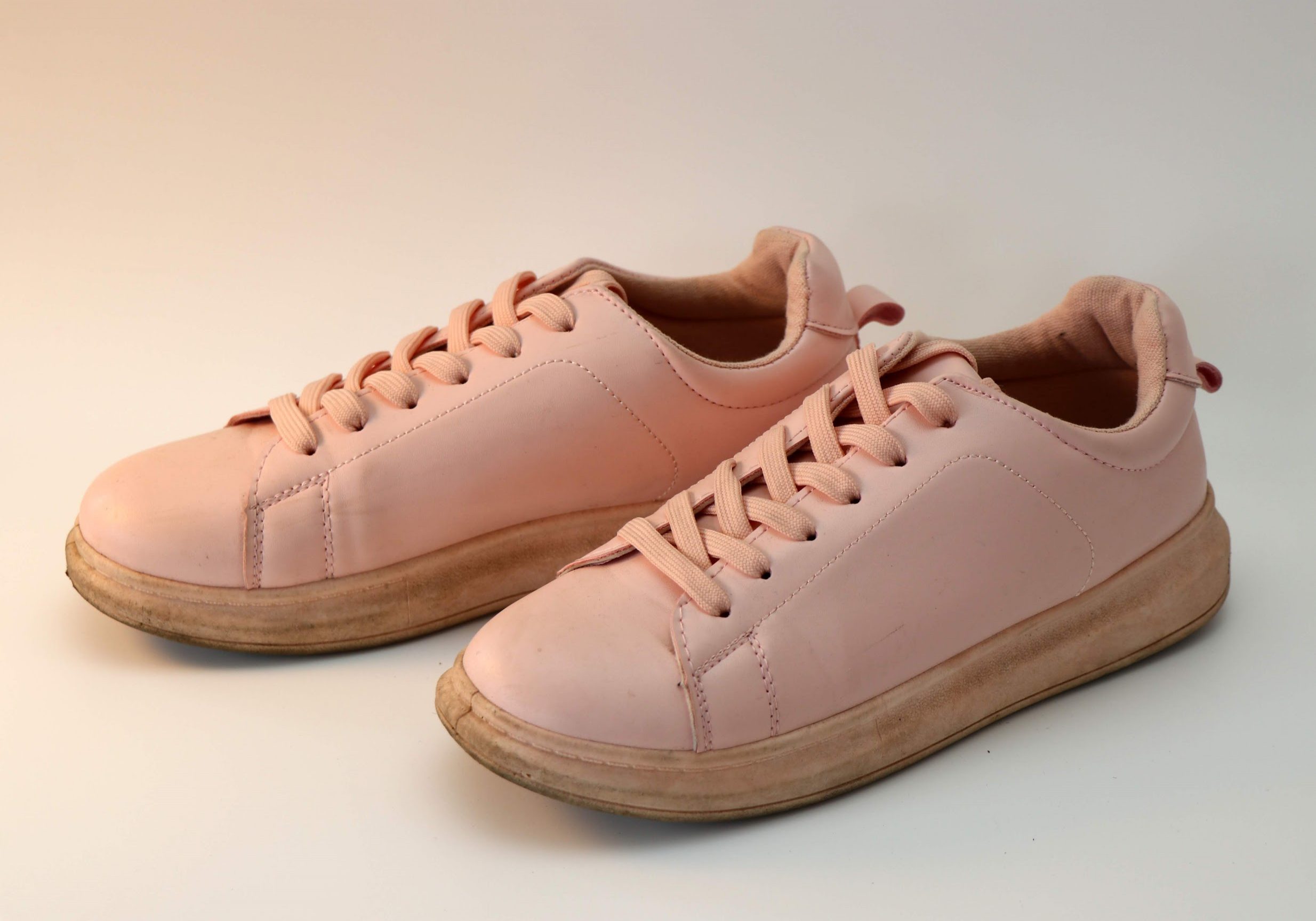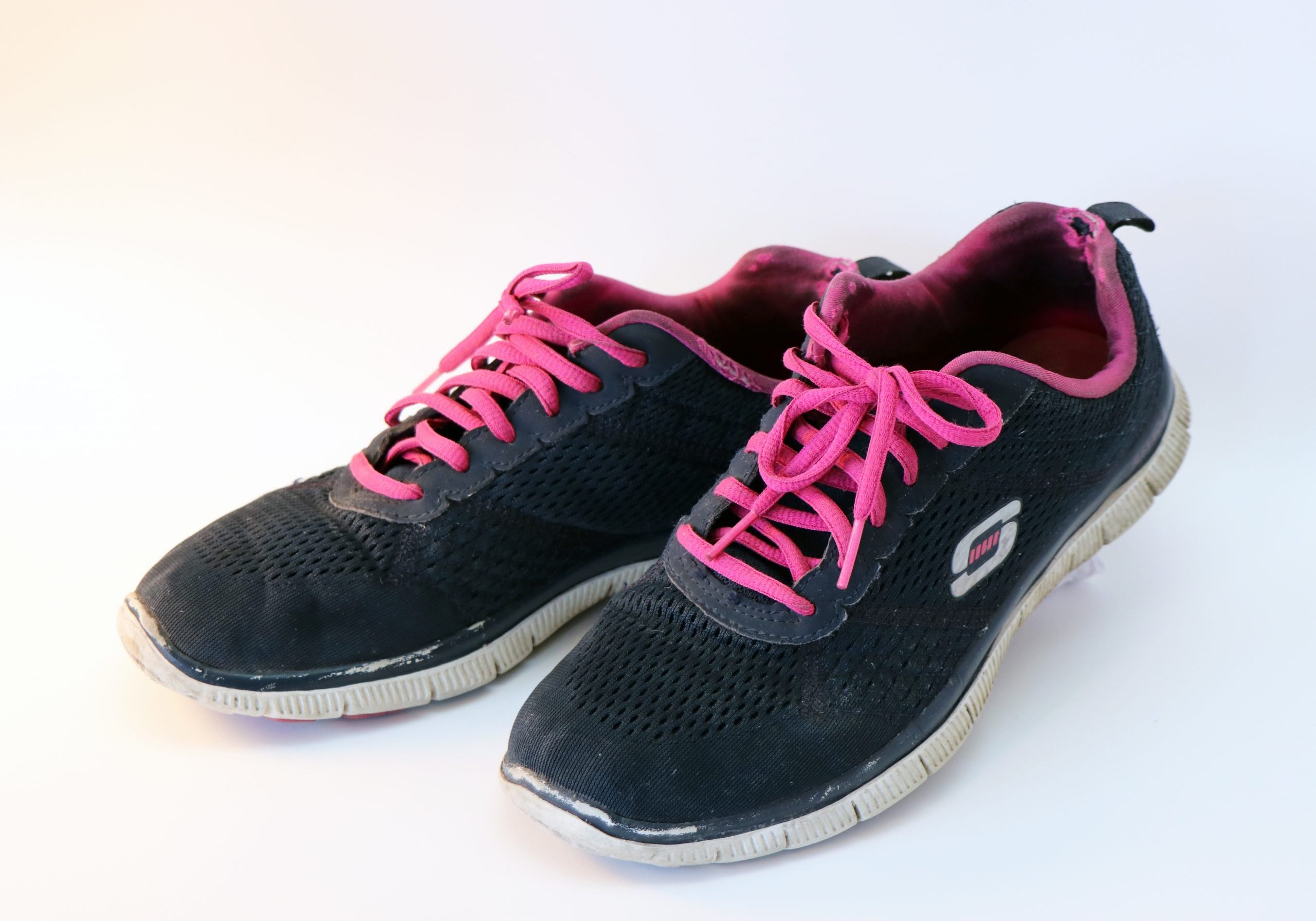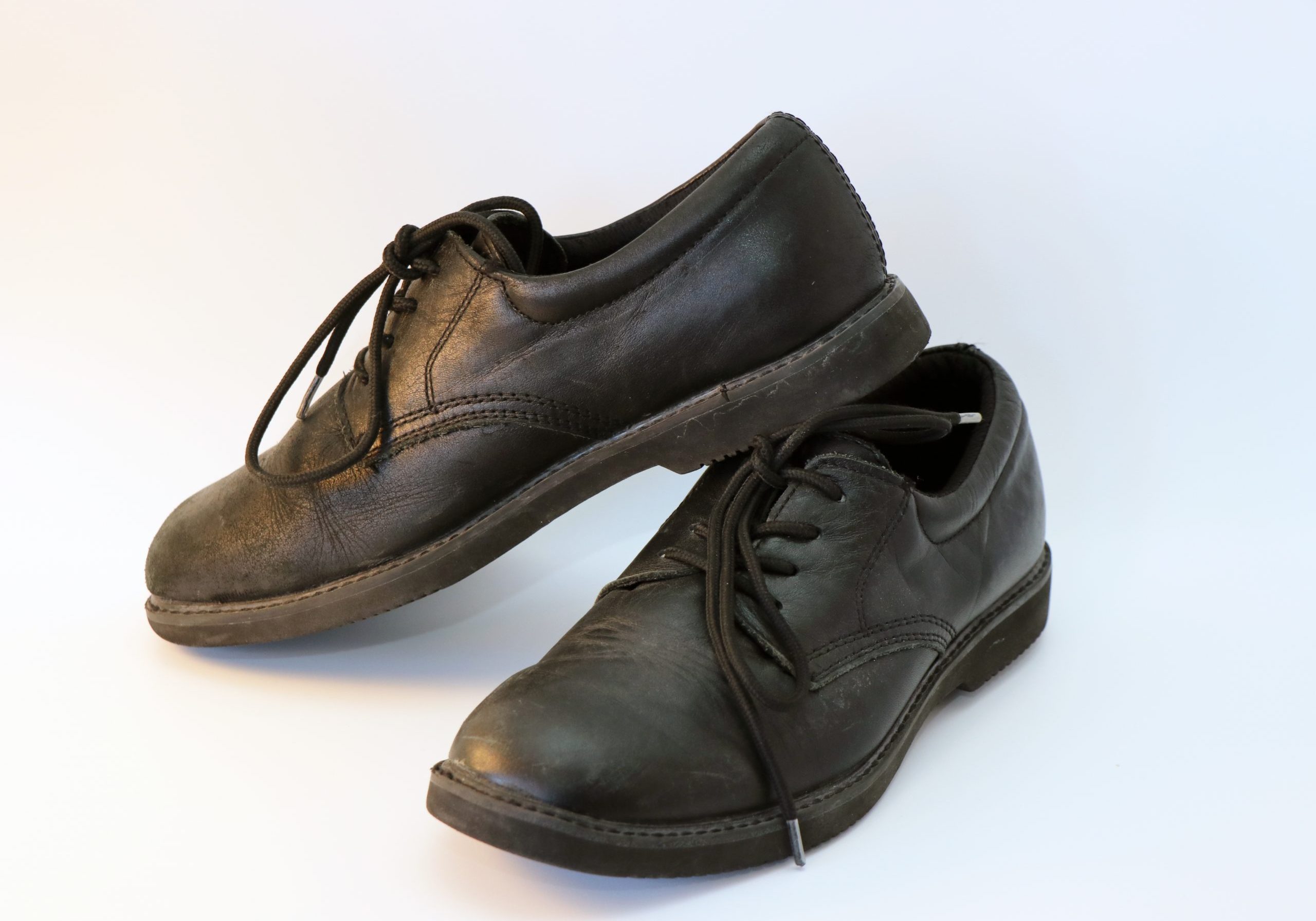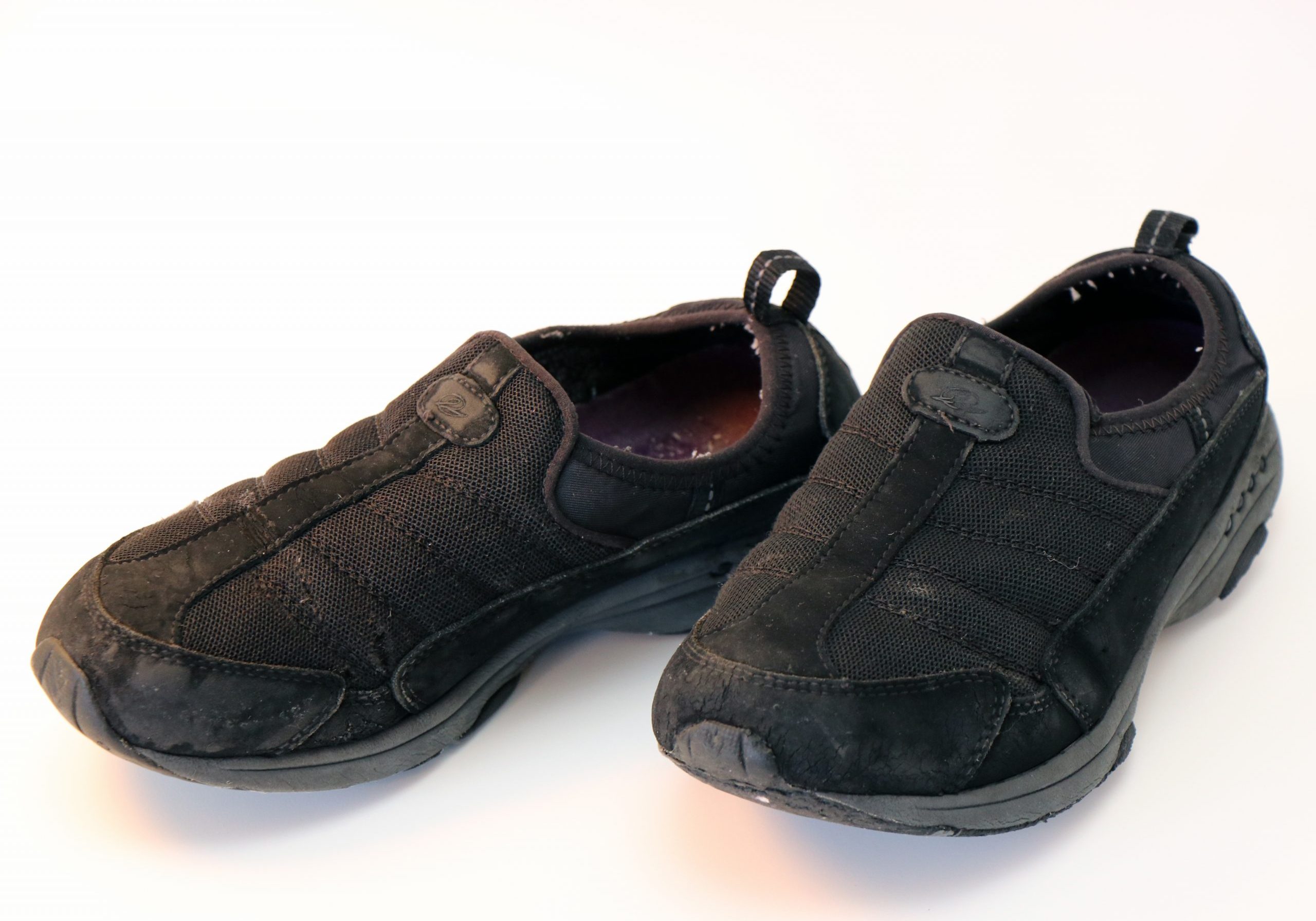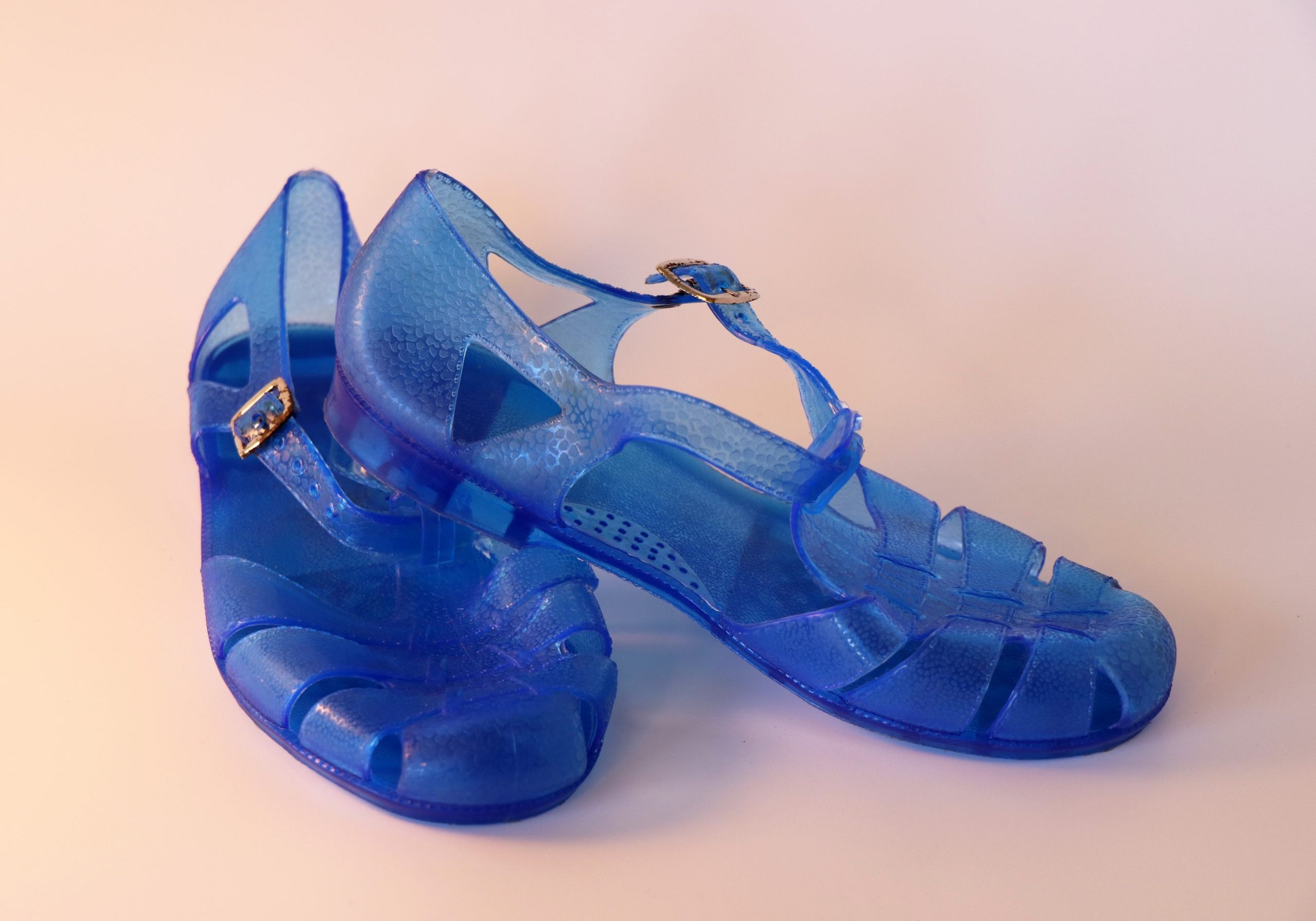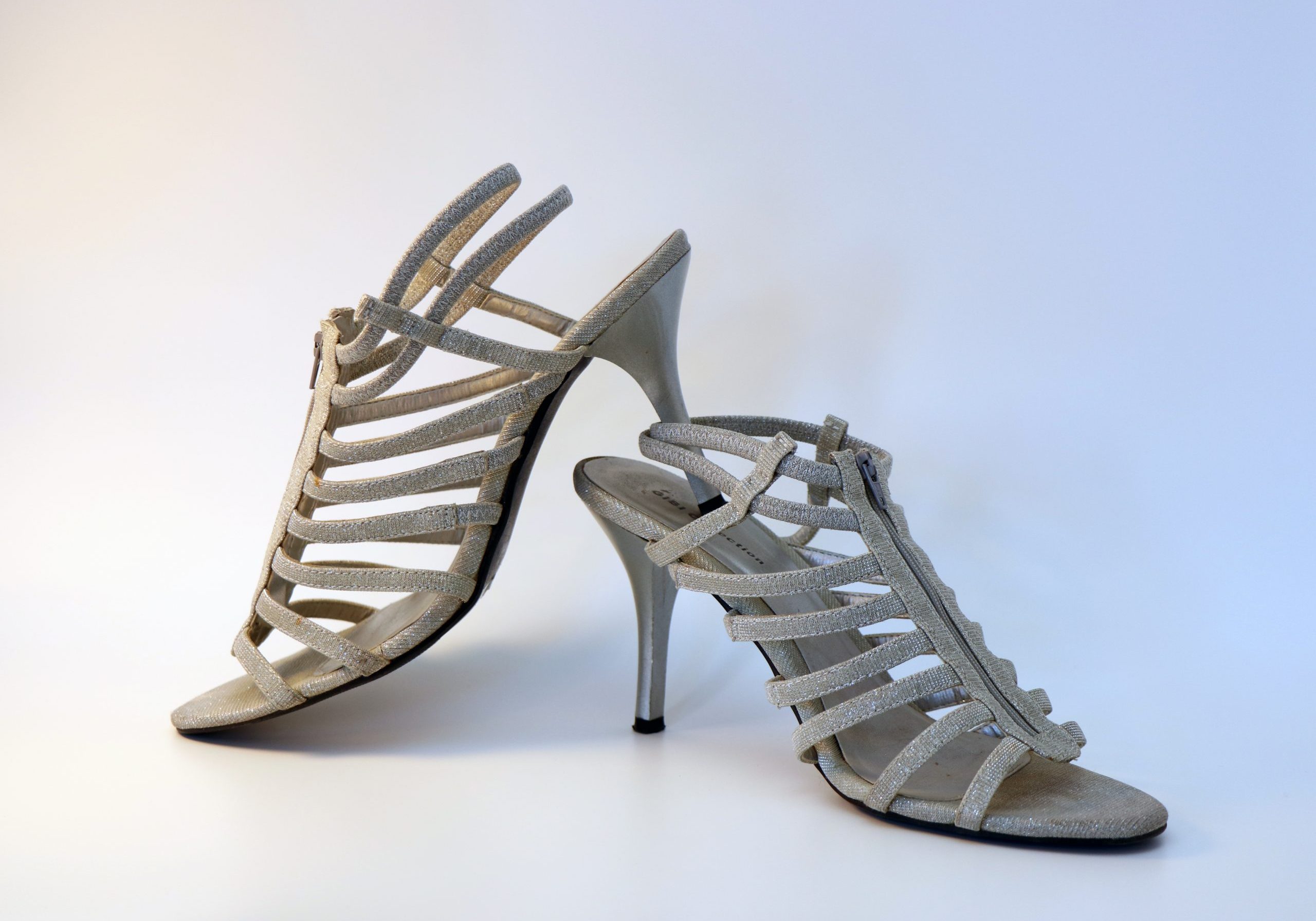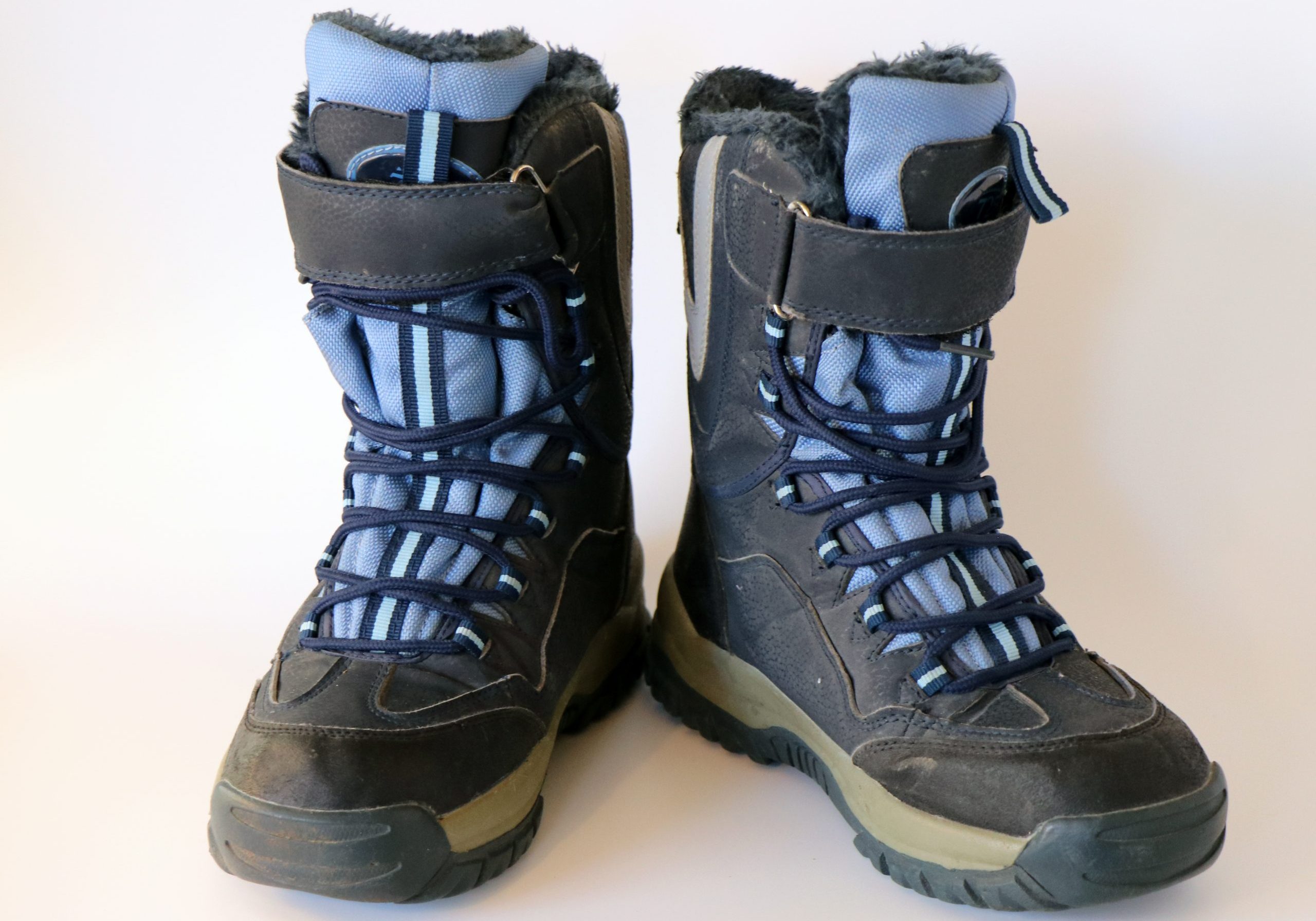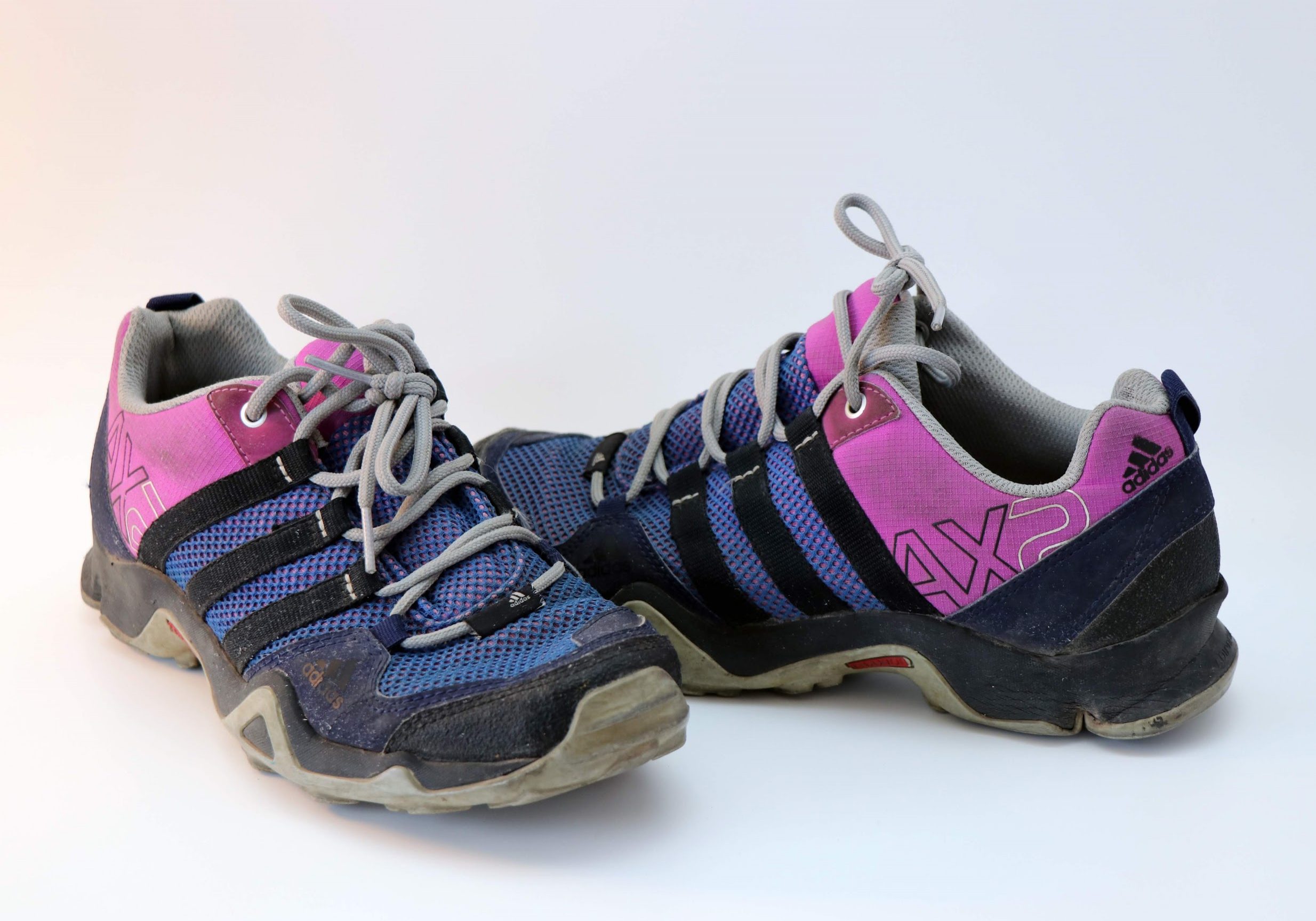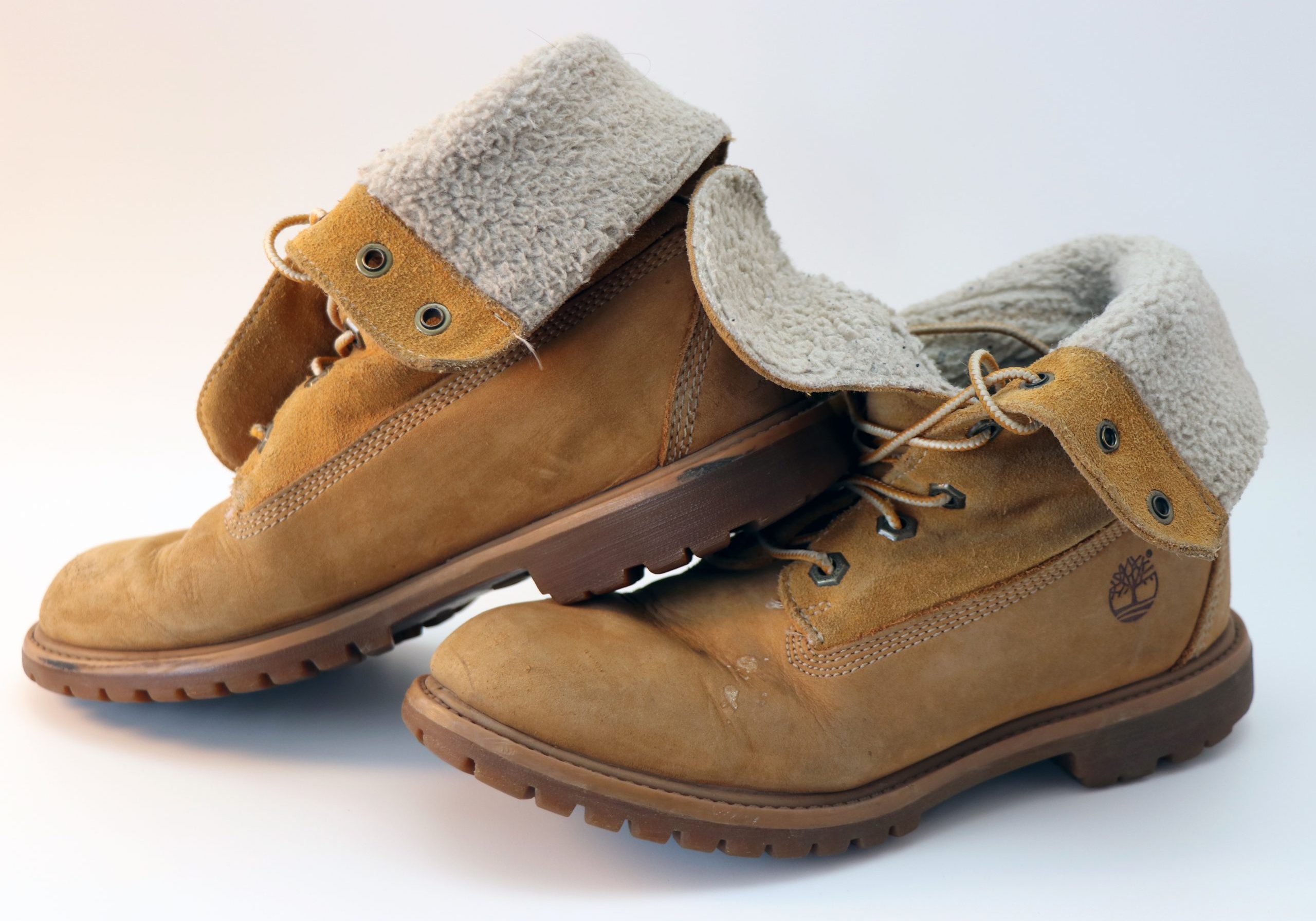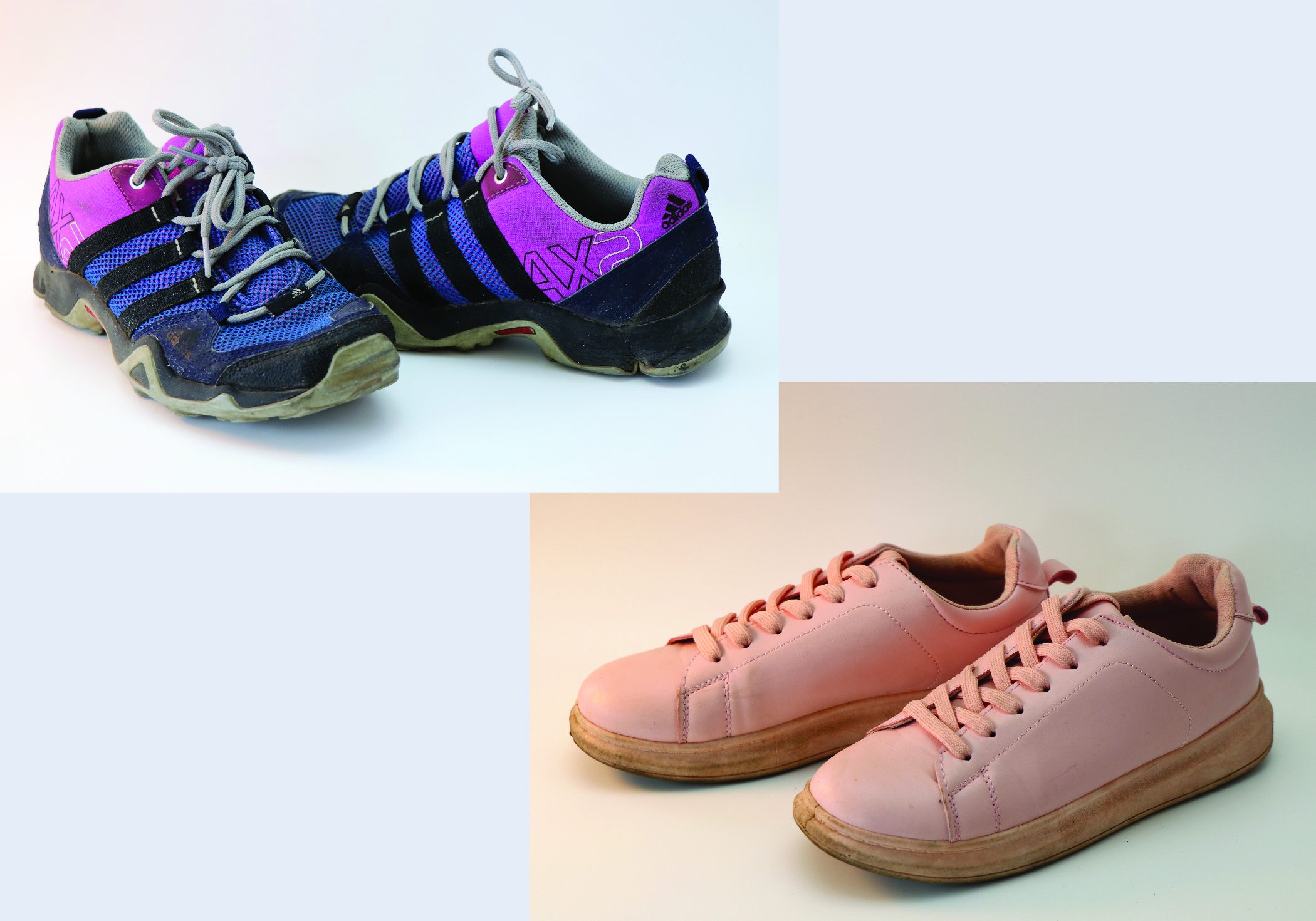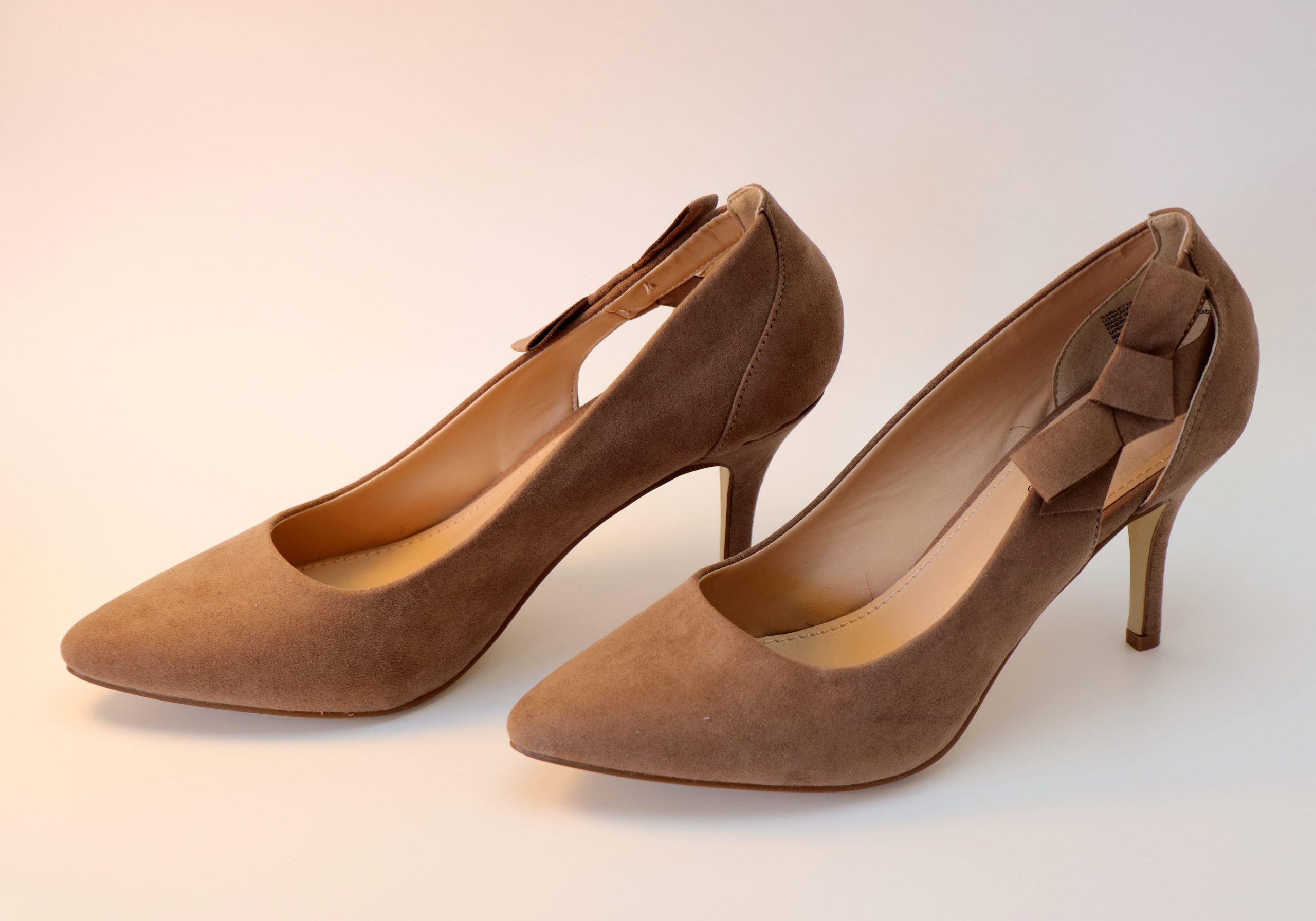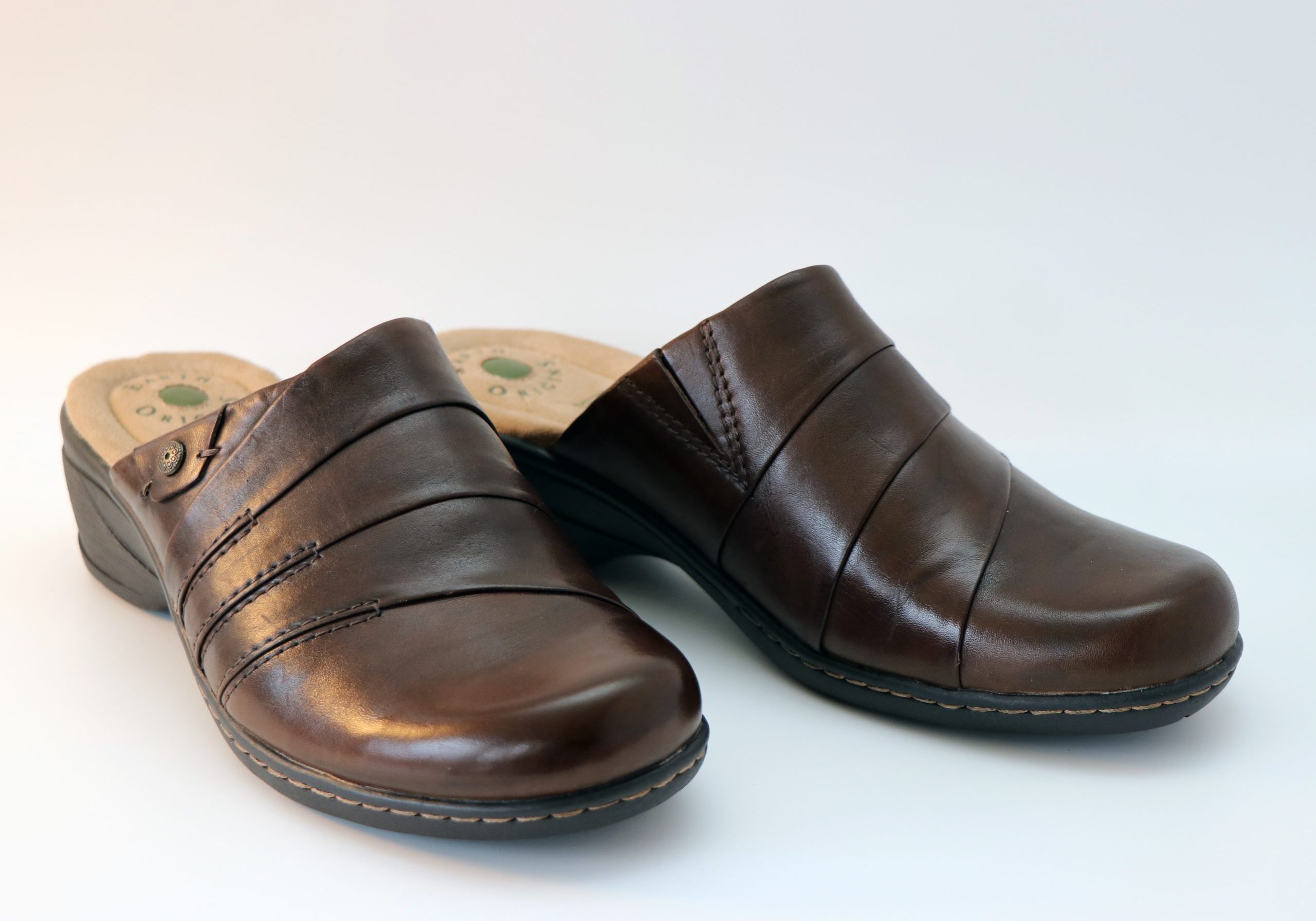My Combat Boots
Levia Quequezana
Summary:
The footsteps of a woman in a foreign country are tough and awkward. As an immigrant from Peru, Levia Quequezana’s combat boots represented more than resistant footwear. They carried her sorrow and supported her through countless fights. Those boots have many stories to tell about her reasons for becoming Canadian, her children’s harsh moments, and hopes in life. Could she ever take her combat boots off?
Story:
These are my boots. They are suited for combat because they are sturdy, stubborn, and subtle. I wear them every day. Even when I don’t have them on my feet, I have them inside as my character. They come from SportChek. These tough shoes and their predecessors and I have endured many battles in Canada for the last decade and, before that, when I lived in my home country of Peru. Although of a slightly different style, my Peruvian combat boots were my armour as well. With my combat boots, I went through hard times in my city, Arequipa.
In 2000, continuing terrorism, political hostility and an economic downturn led to corruption, abuse of government authority, unemployment, and hunger in our Peruvian community. We had to move our children to a different school, sell our home, and give away our stuff because it could not fit in a small apartment. Our apartment building was surrounded by tall iron bars, like a jail, to keep thieves away. I worked as an accountant when my parenting duties allowed time for it.
My boots and I knew the odds of winning a good life in Peru. What kind of battles would my children have to fight? What kind of poverty would they undergo? We had to leave. For two years, we waited to be received in Canada, the only place we wanted to go, The True North Strong and Free! And then we were accepted as permanent residents!
We arrived in Montreal in the middle of heavy snow and silent streets. We transformed the cold and dull house into a warm home for our four children by painting their future with hope and promises for better education and work opportunities for all of us. Our tiny twins were born in spring, thirteen weeks early.
Our family was complete with these two babies plus our four older children. We made eighty-kilometre round trips more than a hundred times from our house to the hospital to visit our premature babies during their surgeries, follow-up appointments, and treatments. Miraculously, we all survived that battle.
But, in Montreal, we lived lonely and isolated. We had no relatives there. I could not share my misery with my family in Peru because I could not worry them and leave them feeling powerless to help. That is why, in March 2006, these boots moved to a more home-like place: Calgary. This community is more welcoming and diverse. We have been supported by generous Canadian and Peruvian people since we arrived.
My combat boots are tired and weathered but still resilient. While continuing the battles for the life of one of our twins–eleven surgeries so far–the quest for empathy and support for our child with Autism and the struggle to conquer the language barrier, my fearsome boots have kept their fabric intact. Together, my combat boots and I work against time, ageism and prejudice to accomplish a career as an elementary school teacher. I step forward to advocate for basic human dignity for my children and myself.
But finding happiness in battle is hard. In my aboriginal language, Aymara, my family name means “the door of the sun.” In a foreign country, it is difficult to shine. There are many times I want to surrender, to take off my combative boots and give up. My feet are sore. My emotions numb. Sometimes, at night, when I take my combat boots off and get in bed, I bite my pillow and cry out my sorrow. Still, no matter what, with the sunrise, I lace up my boots again and continue to take determined footsteps to reach my place in this land.
LEVIA QUEQUEZANA arrived in Montreal in 2005 from Peru and moved to Calgary the following year with her husband and six children. In 2019 she graduated with a Bachelor of Education from St. Mary’s University and now teaches full-time at St. Margaret School.
Read Other Stories from this Author
My Borrowed Hat
When the challenges of raising six children in a new culture are overwhelming, Levia Quequezana borrows a traditional...
